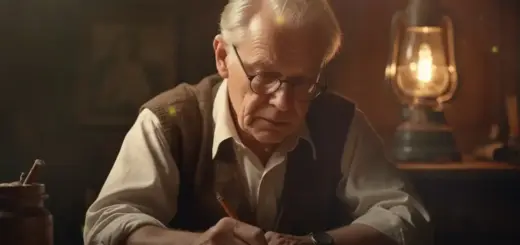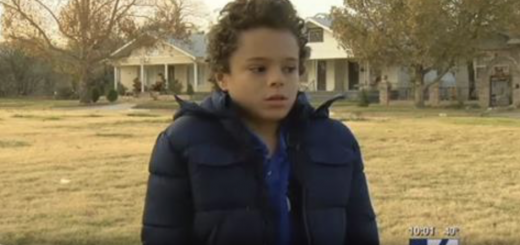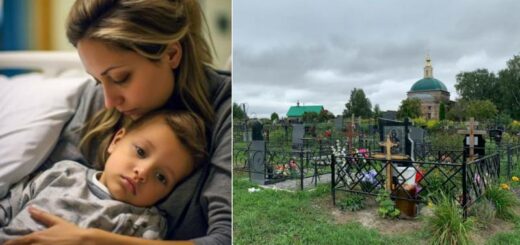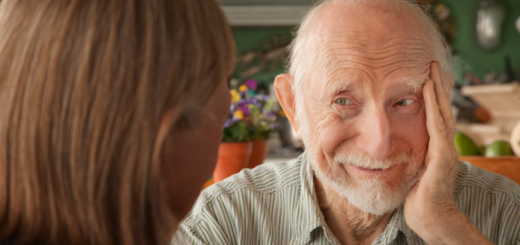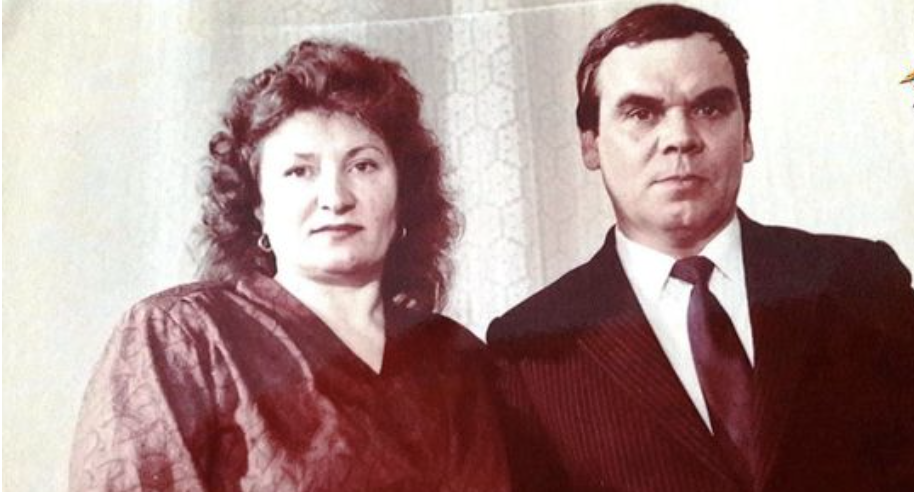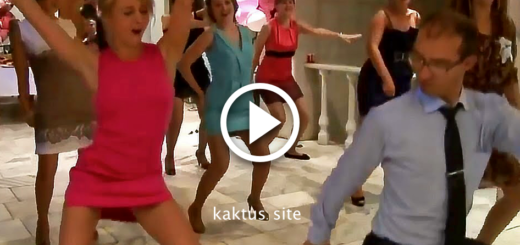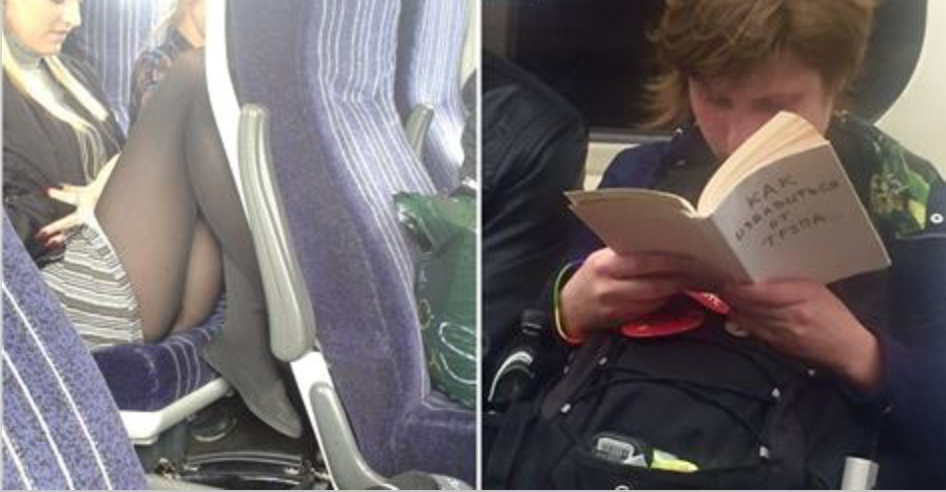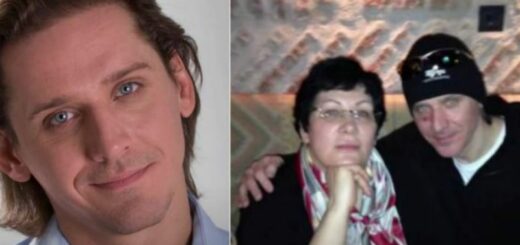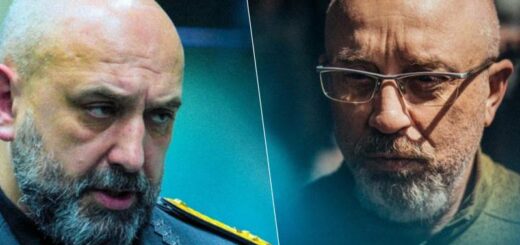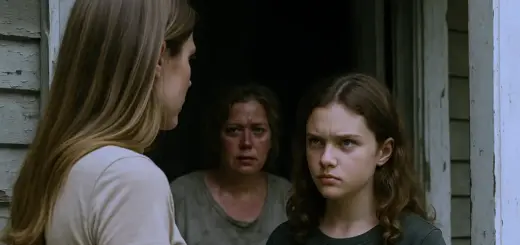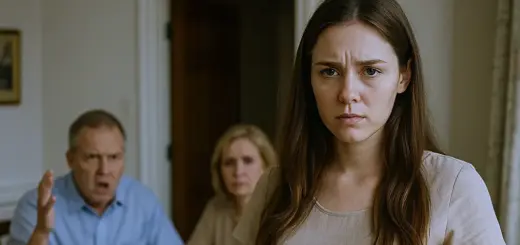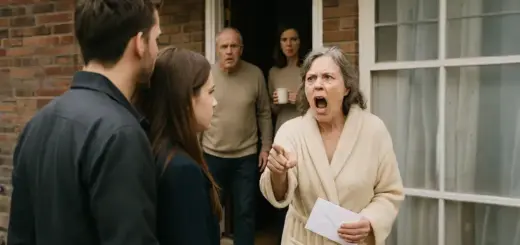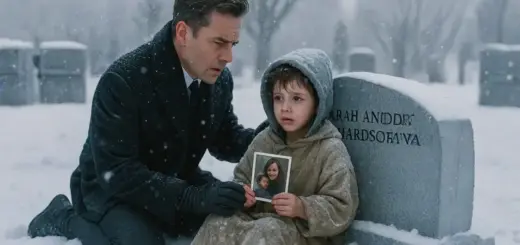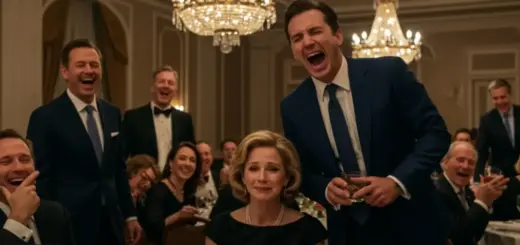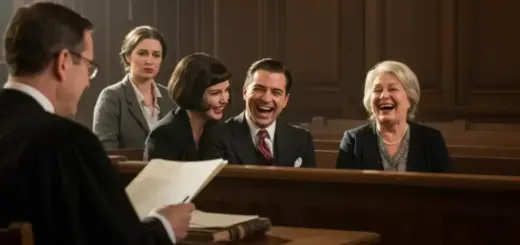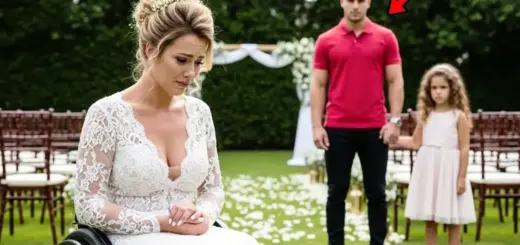Margot had found it all in the end. Behind the loose brick in her childhood bedroom’s fireplace were account ledgers, photographed documents, and even a recorded conversation between Patricia and Blackwell, discussing how to maximize the intelligence Victoria could gather.
Her mother had been building a case, planning to expose them when the cancer accelerated. She died protecting Margot from a truth that would have destroyed their family even faster.
«What happens to Victoria now?» Margot asked.
«The CPS will investigate. Likely charges for fraud, possibly espionage, though that case is complex.» Theodore paused. «Your father’s journal suggests he knew for the past two years but did nothing.»
«He was protecting the company’s reputation, I think. His last act was ensuring you got the evidence. So the choice of what to do with it became yours, not his burden.»
«So he left me the truth as inheritance.»
«And the freedom to decide what that truth is worth,» Theodore said.
One year later, Margot stood in the grand entrance of Whitmore House, barely recognizing it. The crumbling beach house had been transformed into something her mother would have loved: a living memorial to truth and second chances.
The Whitmore Foundation for Literacy and Arts occupied the restored mansion. The library where Margot had found her mother’s hidden evidence now housed 10,000 books, free for the community. Her mother’s studio had become an art classroom. The master bedroom was now a reading room with floor-to-ceiling windows overlooking the sea.
«Miss Bellamy?» a young woman approached nervously. She was 19, all sharp angles and cautious hope. «I’m Nina Ortega. I’m here for the writing residency interview.»
Margot smiled, remembering the girl she’d been: invisible, uncertain, overlooked. «Please call me Margot. Tell me about your work.»
Nina pulled out a battered notebook. «I write about my neighborhood, about people like my mom who work three jobs and still can’t catch a break. But I couldn’t afford university, so I stock shelves at night and write on my breaks.»
«When I saw your foundation’s advertisement—no application fee, no degree required, just submit your writing… I thought maybe, maybe someone would actually read it.»
«I read every word,» Margot said softly. «You have a gift, Nina, a genuine voice. That’s why you’re here.»
«But there are probably hundreds of applicants more qualified.»
«Qualification isn’t the same as talent,» Margot interrupted. «My mother taught me that. She believed the most important voices are often the quietest, and that giving someone space to be heard can change everything.»
She handed Nina a folder. «Six-month residency, private room, full stipend. No obligations except to write honestly. The only rule is that you can’t doubt yourself here. This is a place for truth.»
Nina’s eyes filled with tears. «Why are you doing this?»
Margot looked around the house—her mother’s house, her house, now everyone’s house. «Because someone once hid the truth to protect me, and someone else revealed it to free me. Truth is the most valuable inheritance, Nina. It’s the only thing worth passing on.»
Through the window, she could see the sea her mother had loved. Somewhere out there, Victoria was rebuilding her life under a new name. Patricia was facing fraud charges, and the Bellamy Maritime Empire was being dismantled and sold, its pieces distributed to charity as Margot had directed.
She’d kept nothing of her father’s fortune except Whitmore House and enough to run the foundation. The rest she’d donated to literacy programs, to legal aid, to organizations that helped people find their voices.
The money had never been the point. Her father’s final gift hadn’t been wealth. It had been the truth, and the freedom to decide what to do with it.
«Come on,» Margot said to Nina, «let me show you your room. There’s a desk by the window where the light is perfect in the mornings. My mother used to write there. She always said this house held stories in its walls.»
As they climbed the stairs, Margot thought about that day in the courtroom, standing invisible and forgotten while Victoria took everything. She’d driven away from the will reading, thinking she’d inherited nothing but a broken-down beach house and her father’s cryptic apology.
Instead, she’d inherited something far more valuable: the knowledge that being overlooked could be the greatest advantage. That silence could be the loudest weapon, and that the forgotten daughter could become the remembered mother of a new legacy.
In the end, Victoria had been right about one thing. Whitmore House was worthless as property, but as a sanctuary for truth, for second chances, for voices that deserved to be heard, it was priceless.
And that was the only inheritance that mattered.


